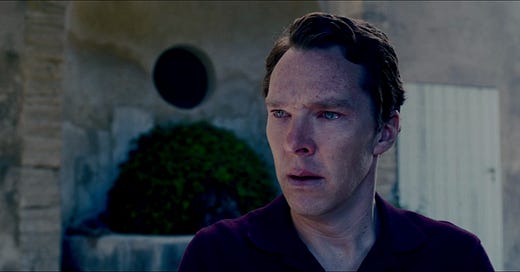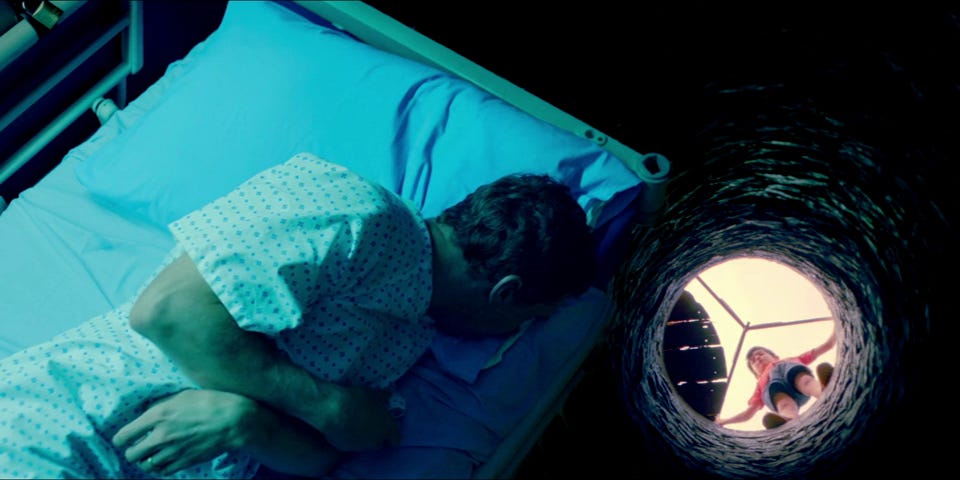'Patrick Melrose' — Why Men Are Afraid to Be Vulnerable
For some men, honesty and sharing are harder than kicking a drug habit
About fifteen years ago, my dearest high school friend — let’s call him Sam — had an emotional breakdown. He was high and drunk — but I’ve seen him high and drunk dozens of times before, yet never this emotional. He was a big, robust, masculine guy — looked more like a grown man than a teenager.
We were on our way home with a group of friends from a house party. Most of us still half-drunk — slowly sobering up before the summer sun was about to sneak upon us.
Until that day, I’ve never seen Sam weak. He kept his feelings behind an imaginary wall. If anything, I was the sensitive one between the two of us most of the time. Thus I’d been shocked and confused when I saw him kneeling on the ground, crying in agony. The sight of him, in that devastating state, scared me.
Another friend told me why Sam was upset: he had a vision — a hallucination, one of those bad trips. In it, he saw himself as a poor and depressed middle-aged man. He was lonely, a barely functioning alcoholic, living each mundane day in misery. His parents were ashamed of him. No wife, no kids. This vision represented all of his fears — manifesting in a possible future he wanted to avoid at all costs.
We were all sixteen years old — but that night, I realized Sam was a lot more mature than any of us. His internal fears, compared to ours, were profound and specific. He rarely talked about them — not even to me, and I was his confidant, possibly best friend at the time.
That summer night, Sam had become something that most men desperately try to avoid in their entire lives: being vulnerable.
Keep reading with a 7-day free trial
Subscribe to The Screen to keep reading this post and get 7 days of free access to the full post archives.






